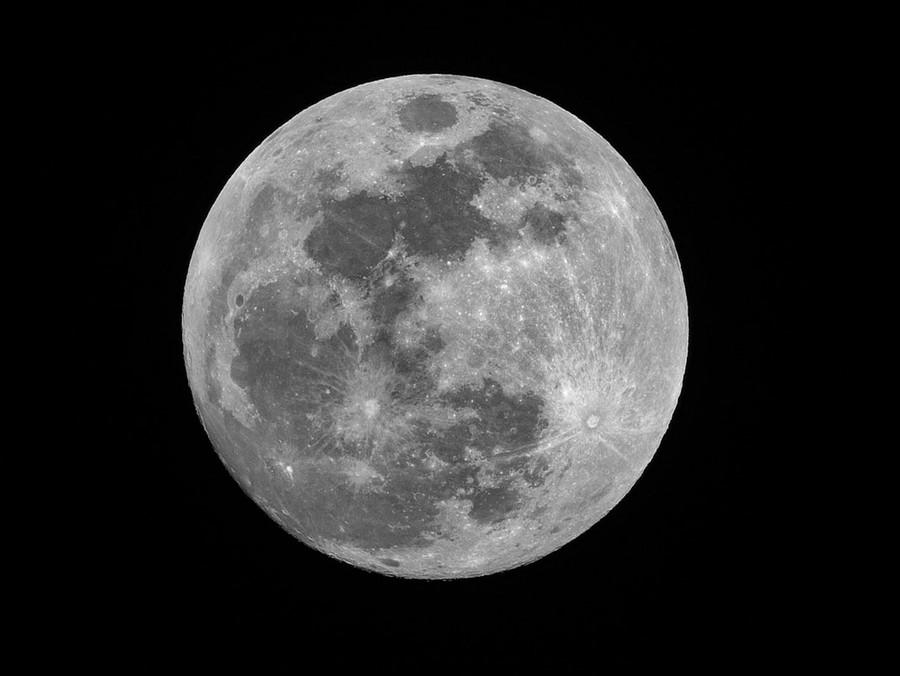Seeing Shapes in the Moon
Our brains are hard-wired to find meaningful images in random lines and shapes—even if those figures are on the moon.
For as long as humans have lived on Earth, the moon has been our nearest celestial companion and a rich natural canvas for the human imagination.
In Western cultures, perhaps the most familiar vision is "the man in the moon." In East Asian cultures, moon-gazers might point to a rabbit; in India, a pair of hands. From ancient times to the modern era, from different spots on the globe, a tree, a woman, and a toad have all been found hiding in the moon's shining face.
6
101 reads
CURATED FROM
IDEAS CURATED BY
The idea is part of this collection:
Learn more about scienceandnature with this collection
How to choose the right music for different tasks
The benefits of listening to music while working
How music affects productivity
Related collections
Similar ideas to Seeing Shapes in the Moon
The U.S. Air Force briefly considered nuking the moon
After the Sputnik space satellite launch in 1957, the U.S. Air force commissioned a study of Lunar research flights, known as Project A119, which considered an explosion on the moon's far side to illuminate Earth's natural satellite.
A nuclear moon test would have been a considerable feat...
Read & Learn
20x Faster
without
deepstash
with
deepstash
with
deepstash
Personalized microlearning
—
100+ Learning Journeys
—
Access to 200,000+ ideas
—
Access to the mobile app
—
Unlimited idea saving
—
—
Unlimited history
—
—
Unlimited listening to ideas
—
—
Downloading & offline access
—
—
Supercharge your mind with one idea per day
Enter your email and spend 1 minute every day to learn something new.
I agree to receive email updates
